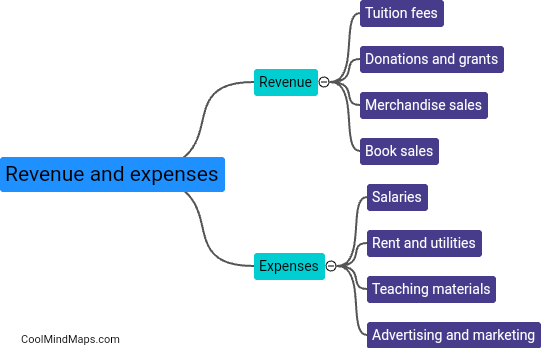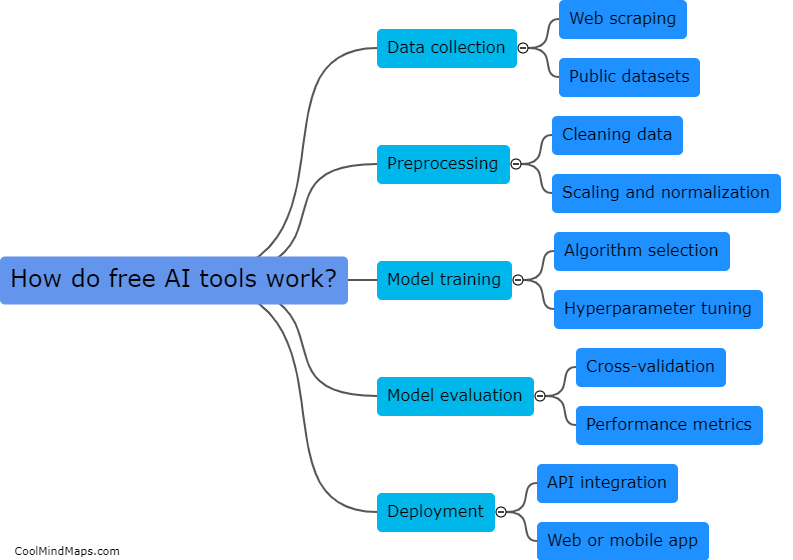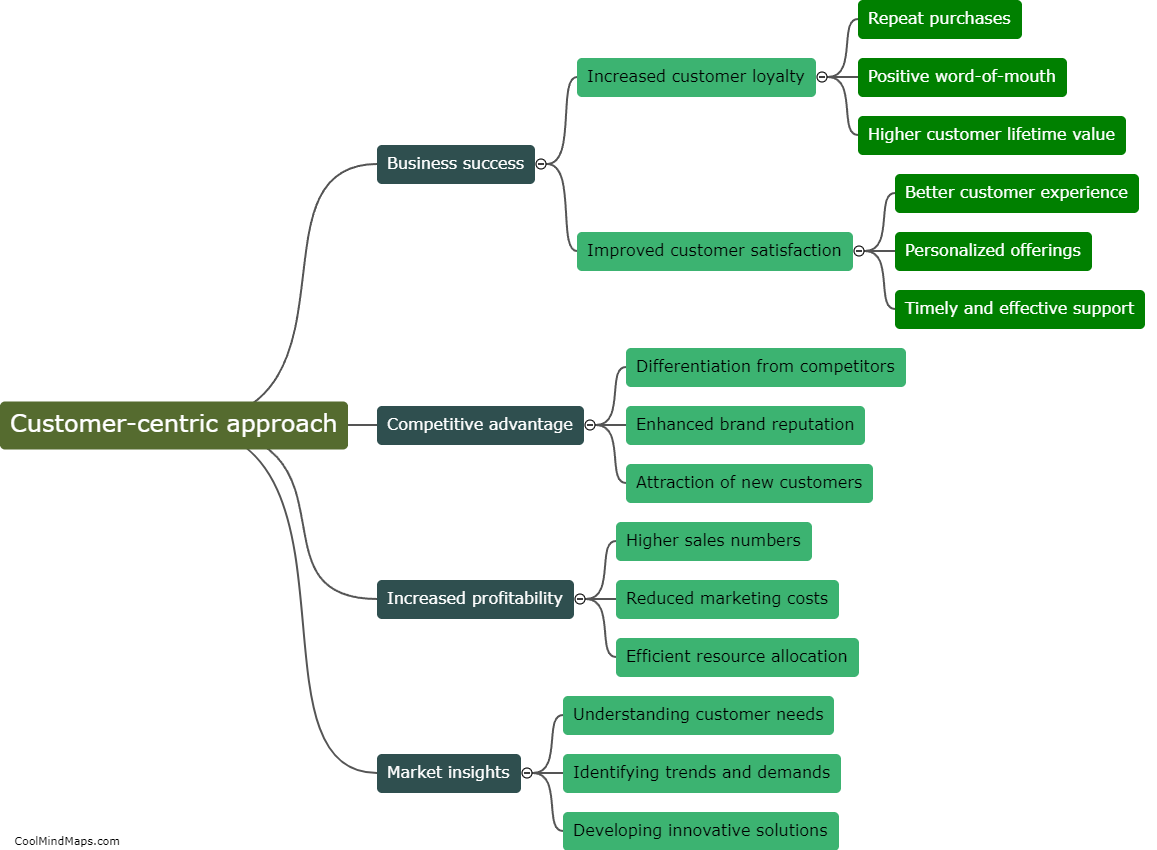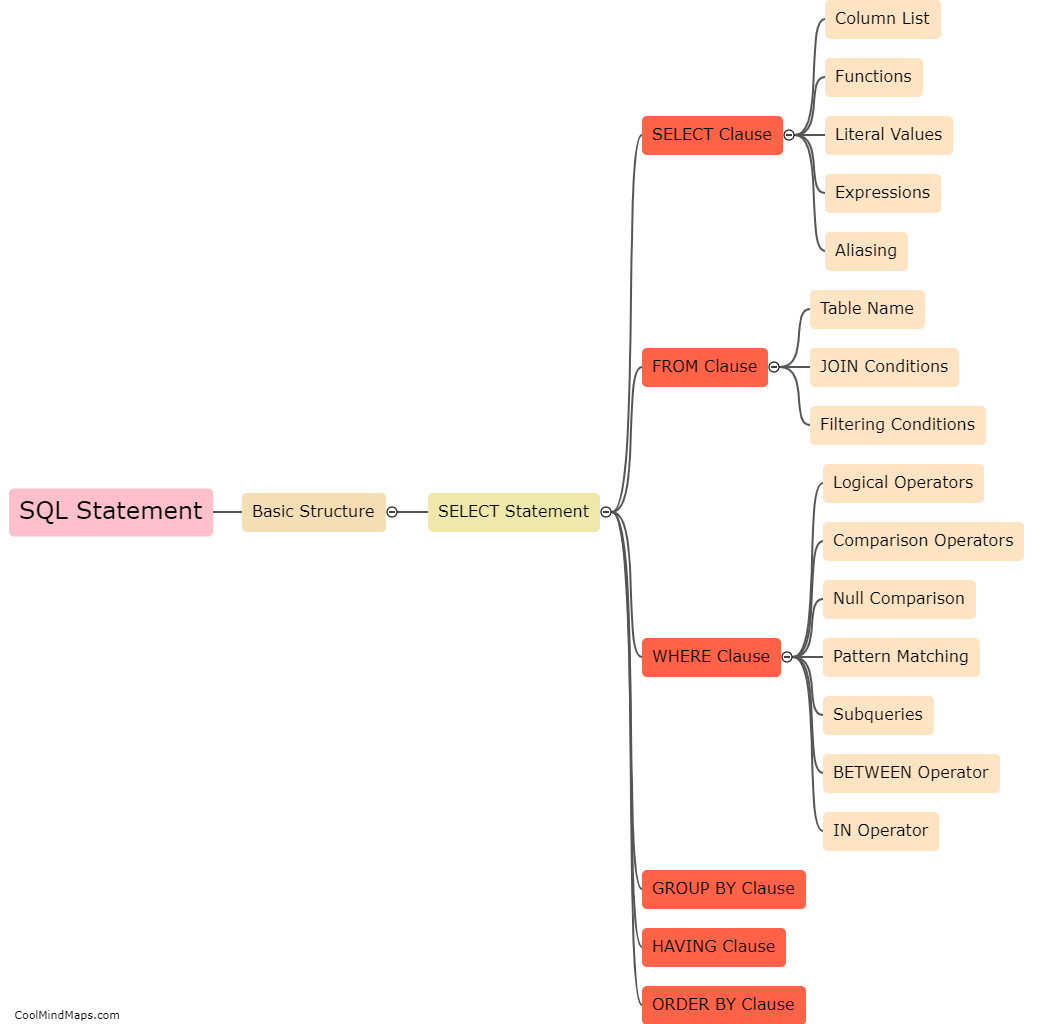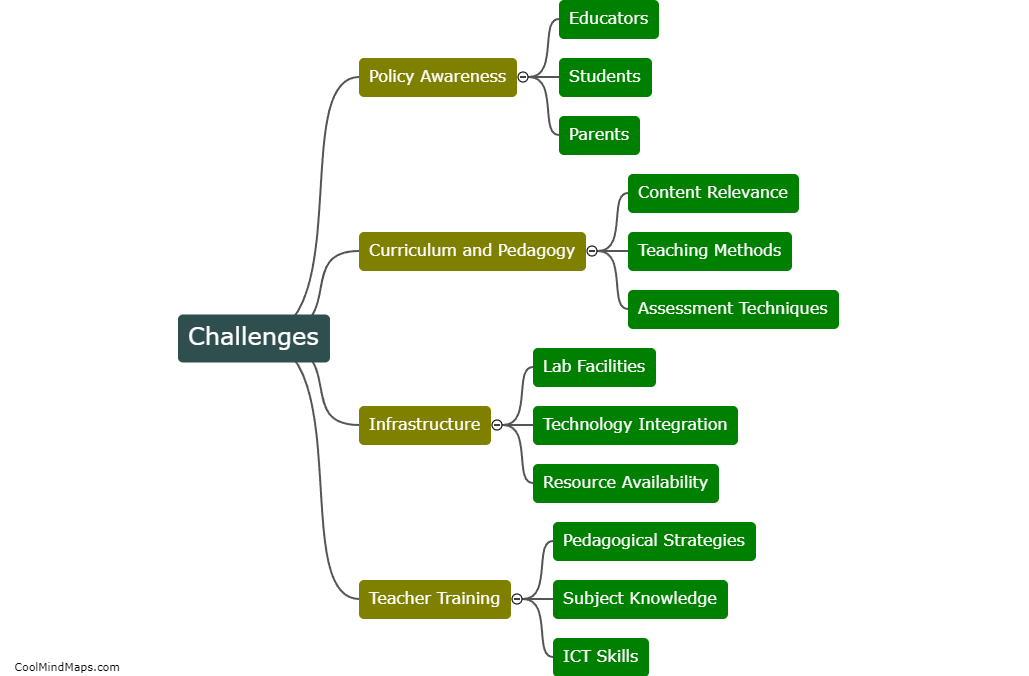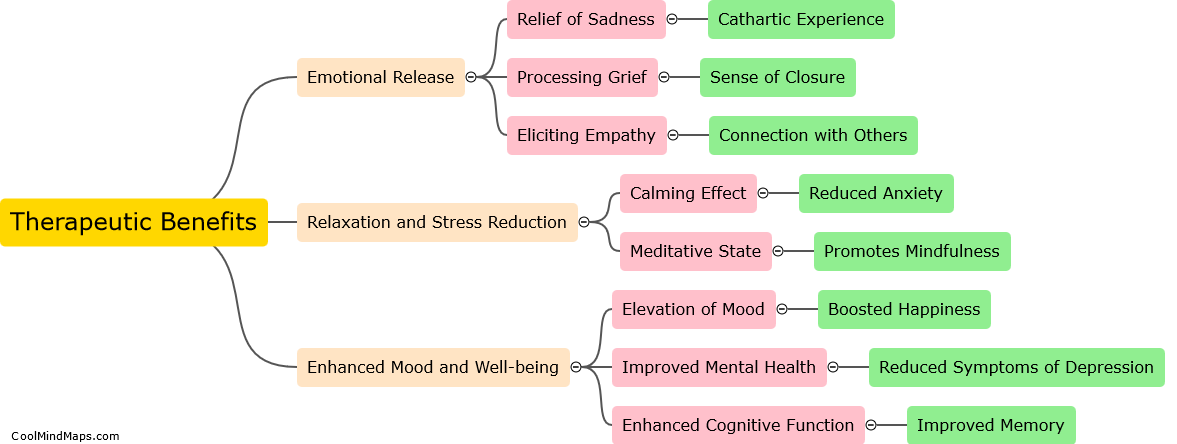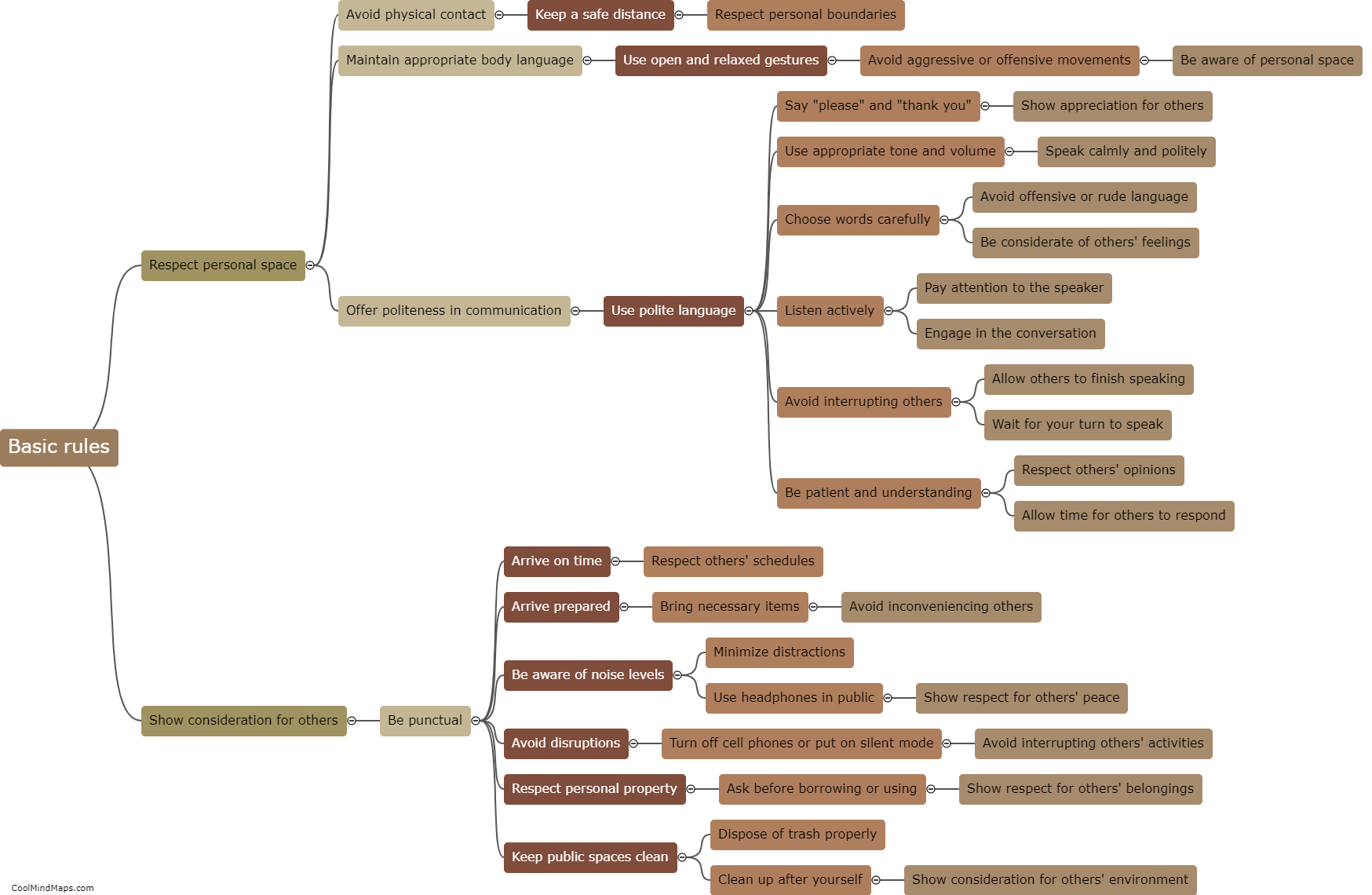What role did political tensions play in the American Revolution?
Political tensions played a crucial role in the American Revolution, as they were the primary catalyst for the uprising against British rule in the American colonies. The colonists' grievances emerged from their profound dissatisfaction with British policies such as taxation without representation, restrictions on trade, and the presence of British troops in the colonies. These tensions were further exacerbated by the lack of colonial say in the decision-making process and the perceived disregard for their rights as loyal subjects of the British Crown. As the colonists' demands for greater autonomy and self-governance intensified, their frustrations eventually led to the formation of a unified resistance movement that ultimately culminated in the Declaration of Independence in 1776. The political tensions thus served as a driving force behind the American Revolution, emphasizing the role of political grievances and the desire for self-determination in the fight for independence.
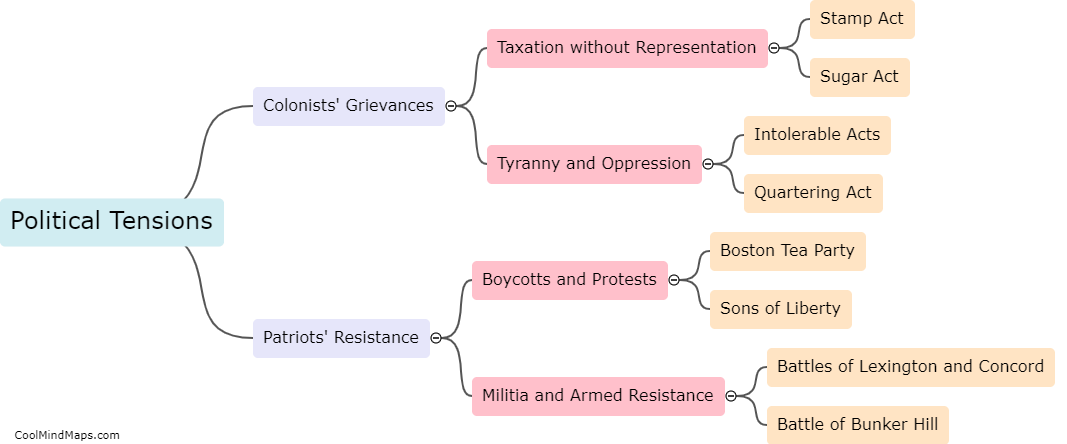
This mind map was published on 7 January 2024 and has been viewed 81 times.
